Not just a bedtime story…
I’ve been enjoying the songs Inés listed in her music blog and just as music can help you to relax, change your mood and increase your motivation, so does reading a good book!
So I’m sure you might be guessing that my blog today is about reading and you are correct!
Reading has great benefits such as improving your memory, writing and concentration abilities, reducing stress and producing cognitive stimulation. And it also makes you smarter! There’re many studies and researches that prove how reading affects your brain in a positive way and there are also some very interesting articles about it, such as Can reading make you smarter?, What happens in the brain when you learn a language? or 10 benefits of reading: why you should read every day
From my personal experience, I have always recommended my students get a good book and read it even if they think that it will be a long time before they finish it.
When you find a plot you like from the beginning, the language the book is written in will not be a problem because you will get hooked up until the end.
Many people think it takes highly advanced language skills to be able to read a book in a new language, but this isn’t the case at all! Right from the very first weeks of learning the target language, you can start benefitting from the joys of reading and here are some tips:
- Use “graded readers”, books indicating their required reading level. Here a link to some online shops specialised in foreign languages:
- When choosing books, do it carefully. Don’t forget that reading should be enjoyable, despite the effort it takes. Select books that interest you and stories that intrigue you!
- It’s good to have a little help from the dictionary but don’t start translating every word you don’t know. Try to obtain the meaning of a sentence by the context. Plus remember that sometimes they are expressions with no literal translation!
- Start with articles or short stories – if you like comics those are great fun to start with. Some of our most popular comics in Spanish are: “Mafalda”, “Cuto”, “La familia Ulises”, “Mortadelo y Filemón”, “Paracuellos”, “Haxtur”, etc. Once you have gained confidence, move on to novels but choose compelling stories, otherwise you might lose the interest.
Remember that you don’t always need to buy a magazine or book. There are hundreds of websites where you can find an interesting article or free books. I have listed a selection to look at:
National Geographic Español: if you like geography, history, travelling or simply looking at amazing photos from all over the world.
El País Semanal: here you can find very interesting interviews, articles of any kind (health, music, literature, fashion, etc)
El Viajero: if you like travelling and discovering new places, you will love this one! You can read articles and blogs from travellers and find very good tips about places to stay and amazing restaurants to visit.
Centro Virtual Cervantes: here you can find books, forums and other cultural information all in Spanish. With their “Lecturas paso a paso” you can choose a variety of different books for all levels Lecturas paso a paso
Now winter is coming, so make the best of those raining days by snuggling on the sofa, with a blanket, a nice drink and a good story to read in Spanish!
What’s your next book? 🙂
Vamos Let's Learn Spanish. Spanish courses in London. Spanish courses in Valencia.
Leave a Reply to Maciej Cancel Reply
You must be logged in to post a comment.
6 Comments
Sara Lopera
¡Hola! I’m Sara from Córdoba, a beautiful small city in Andalusia, south of Spain. I am a qualified Spanish teacher with a CLTA in Spanish (Certificate in Language Teaching to Adults) which has given me the opportunity to work doing something that I love: teaching my mother tongue to people from all over the world!
Keep on learning Spanish
Have fun learning Spanish as we upload the A1 and A2 episodes of Cava Baja, our cartoon soap in Madrid.
For higher levels, we'll test your Spanish with specially written articles from topics we find of interest from the news each week.Plus we'll keep you in touch with Hispanic culture in London, our teacher blogs and social events in the school. Have fun learning with Vamos.
Recent Posts
Recent Comments
-
 Julia Rodriguez on Cuatro elecciones en cuatro años
Julia Rodriguez on Cuatro elecciones en cuatro años -

-
 Julia Rodriguez on El Secreto de sus Ojos
Julia Rodriguez on El Secreto de sus Ojos

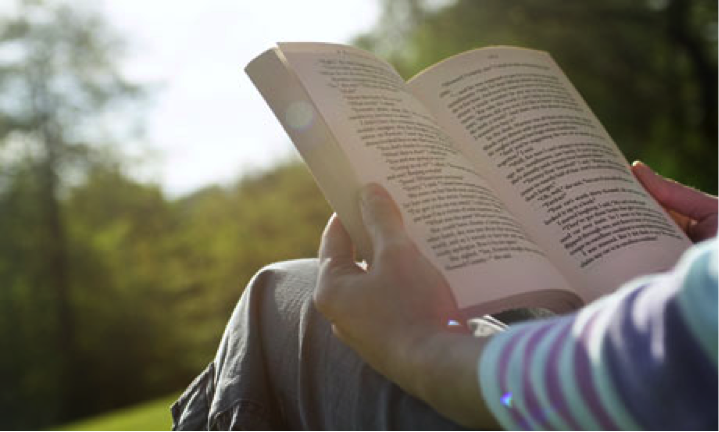
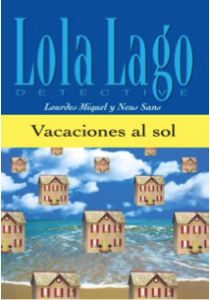
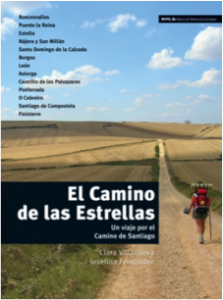

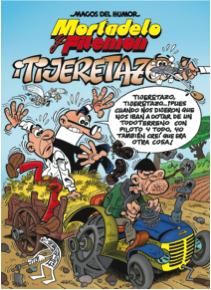

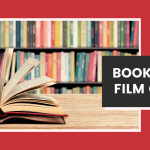


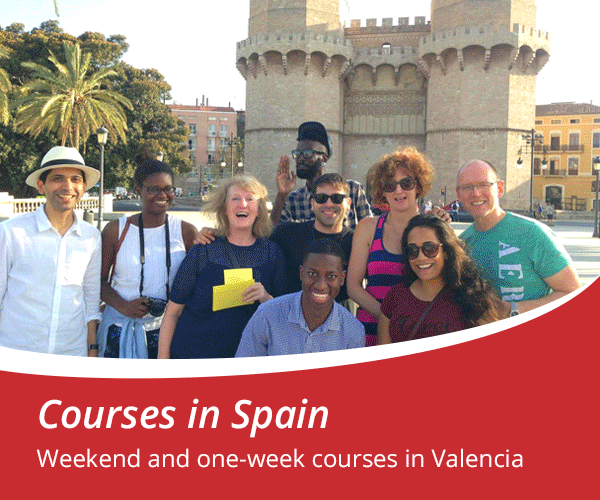

I completely agree with you Sara, how good is to find a good book and get lost into it. And you can learn a lot if you read in the language you are learning. I strongly recommend one of my favourite Latinamerican novels to intermediate and advance students: “Como agua para chocolate” by the Mexican writer Laura Esquivel.
I absolutely love that book Diana. I think it’s one of those in the “must read” list! 🙂
Hola Sara 🙂
Me parece que Cuentos en Espanol de Penguin son muy buenas aunque no tienen los niveles 🙂 Si tu gustas la literatura de Isabel Allende, Gabriel Garcia Marquez y Carlos Fuenetes (mas popular) es un buenissimo libro. Al presente leo Las Amigas de Carlos Fuentes (Mexico) y creo que es muy util por mis estudias de Espanol. 🙂
Gracias por tu comentario! 🙂
Totally agree with you. There’re many great authors that you can find in many bookshops around the world. Some of my favourites are: Gabriel García Márquez, Mario Benedetti, Isabel Allende, Mario Vargas Llosa, Ángeles Mastretta, Antonio Muñoz Molina, Javier Marías, etc
Hoy he terminado de leer una novela corta de Benjamin Prado que se llama “Raro”. Es una edicion de la serie “Easy Readers” – o “Lecturas Faciles” en espanol -, a nivel B. Es la tercera novela que he leido. Me gusto bastante, pero en mi opinion “Tristana” por Benito Perez Galdos era mejor. Tambien me gusta “Cuantos Breves Para Leer en el Bus”.
El gran Benito Pérez Galdós, muy buena elección 🙂
I’m very happy to hear how much some of the students know about novels written in Spanish. It is a great way to learn and improve your skills at the same time you enjoy a good story.
Gracias por tu opinión Tim! I hope you enjoy reading many more books in Spanish!